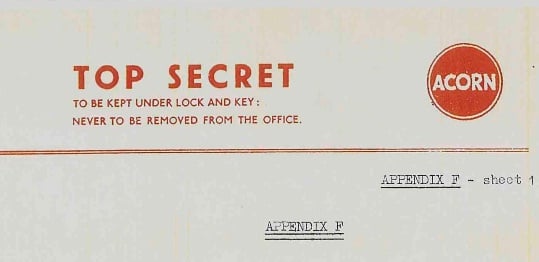![]() Saturday was a day of contrasts. I ate lunch in Boston’s North End with Z and other friends from Communion and Liberation (CL). Over pasta with salmon, we discussed CL and its “main instrument,” the School of Community. In the evening, I had a dinner date with my sweetheart: a vegetarian meal on Long Wharf followed by Avatar in IMAX 3-D at the Boston Aquarium. I came home exhausted.
Saturday was a day of contrasts. I ate lunch in Boston’s North End with Z and other friends from Communion and Liberation (CL). Over pasta with salmon, we discussed CL and its “main instrument,” the School of Community. In the evening, I had a dinner date with my sweetheart: a vegetarian meal on Long Wharf followed by Avatar in IMAX 3-D at the Boston Aquarium. I came home exhausted.
First, about the exhaustion. I had left Z’s North End home invigorated, ambling up Prince Street to my car with renewed appreciation for the charism offered by Father Giussani, founder of CL. Fr. James Martin, in his book My Life with the Saints, so instrumental in my conversion, notes that Ignatius of Loyola became a priest because of contrasts: He realized that when he read accounts of war, he felt sapped, but when he read Scripture or the lives of the saints, he felt renewed. And so was I renewed, weaving through the Saturday afternoon crowd on Prince Street while looking around for an Italian mother leaning out a second-floor window shouting, “Anthony!”
After the full-metal barrage of the 162-minute Avatar, by contrast, it was all I could do to drive safely home—over the Tobin Bridge, up Route 1, and out onto 128, thinking all the while about the film, trying to “judge my experience,” in the parlance of CL. This is the beautiful thing about Catholicism in general and CL in particular: Together (especially together) they are an invitation to see life through new eyes, though not exactly eyes of the Na’vi. (For the three of you in America who have not seen the film: refer to poster.)
I had a snap reaction to the film: It offers nature worship and romantic love as the highest values, while reveling in technology (those special effects!). Avatar’s idea of crucifixion is being confined to a wheelchair, like the main human character. Its idea of resurrection is for a paralyzed man to lie down in a tomb-like bed of electrodes and come back to life in the body of an ersatz Na’vi, by some sort of electronic mind transfer. Avatar posits an Earth that is dying and a distant planet, Pandora, where there is some sort of vague hope, although in the end that hope comes true for one and only one character, the protagonist. Director James Cameron (“The Terminator,” “Titanic”) does not exactly espouse a Catholic world view.
And yet . . . In an effort to “judge” the film, which boils down to looking for the presence of Christ in it, I realized that, for all its pantheism and enthrallment to technology, Avatar’s main character, the protagonist, is motivated by an unquenchable desire. At first, paralyzed from the waist down, he wants only to walk, and a hard-ass army officer has promised him the needed operation if he agrees to use his ersatz Na’vi figure as a sort of undercover elf. (The three of you who haven’t seen the film—are you getting confused yet?) But Jake Sully (Sam Worthington) discovers a deeper desire once he encounters the Na’vi people, and it is that desire that drives the narrative. Without that desire, no story, no humanity—just a lot of special effects and the inevitable climactic megamilitary blow-out, complete with hard-ass officer making like The Terminator for one last showdown.
It is the desire in our hearts for the divine that drives our narrative, that is the most indelible feature of our human nature. That desire is finally satisfied only in one place—not on another planet or through any kind of science-driven “resurrection”—but in Jesus Christ. That’s my take on Avatar—and why I found it not only sense-numbing and exhausting but also compelling.
My friend Z is always full of surprises. Having already worked out this post in my mind, I sent him an e-mail about having seen Avatar. His “judgment” was much more basic and beautiful. Z wrote:
Wonderful Avatar . . . However I just prefer the old movie style where the American army are the good people.











